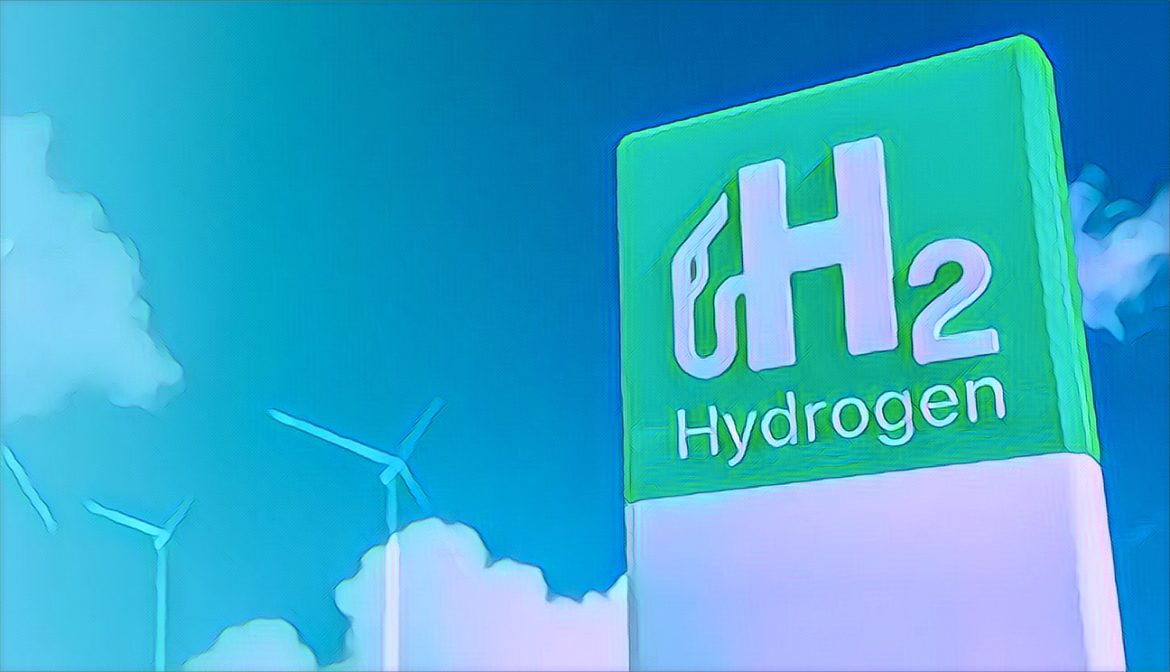Africa is emerging as a key player in the global push for green hydrogen, a clean energy source that could revolutionize the way we power our world. With major projects underway in countries like Morocco, South Africa, and Namibia, Africa has the potential to become a global hub for green hydrogen production. But while the opportunities are enormous, the path forward is filled with challenges that need to be carefully navigated.
Green hydrogen is produced by using renewable energy sources like wind and solar to split water into hydrogen and oxygen. Unlike “grey hydrogen,” which is made using fossil fuels, green hydrogen is a clean and sustainable energy source. This makes it an attractive option for countries looking to reduce their carbon footprints and meet global climate targets.
Africa, with its vast renewable energy resources, is uniquely positioned to become a leader in green hydrogen production. For example, Morocco’s green hydrogen projects are projected to capture up to 10% of the global market. Countries like Mauritania, Djibouti, Namibia, and South Africa are also making significant strides in developing their green hydrogen capabilities.
According to a 2024 report by the Hydrogen Council and McKinsey & Company, if African nations can secure just 15% of the global hydrogen trade by 2050, the continent could see a surge in green hydrogen exports from 1 million tonnes per year in 2030 to 11 million tonnes by 2050. This could attract around $400 billion in investments, boost export revenues by $15 billion, and create 13 million job opportunities.
Despite the immense potential, turning Africa into a green hydrogen powerhouse won’t be easy. One of the biggest challenges is how to efficiently transport the large amounts of renewable energy that will be generated. While groundbreaking projects like the Xlinks Morocco-UK Power Project, which uses undersea cables to supply power to the UK, are paving the way, moving hydrogen itself remains difficult.
Hydrogen is highly flammable and requires extremely low temperatures for storage and transportation. Converting hydrogen into ammonia, which is easier to transport, is one solution. However, this adds another layer of complexity and cost.
Another challenge is the global competition for green hydrogen investments. Countries like the United States, Australia, and Spain offer lower political risks and attractive subsidies, making them strong contenders for foreign direct investment. Africa must work hard to compete, offering favorable conditions to attract investors.
To make green hydrogen a reality in Africa, governments across the continent must take proactive steps. This includes developing national hydrogen strategies, creating stable investment environments, and offering incentives to attract foreign capital. Countries like Namibia and Morocco are already signing agreements with international partners, demonstrating their commitment to becoming leaders in green hydrogen.
For Africa to succeed, it’s crucial that governments balance the need for short-term profits with the long-term goal of building a sustainable industry. By investing in necessary infrastructure—like ports and transport systems—and ensuring that projects are economically viable, African nations can outpace their global competitors.
Green hydrogen offers Africa a unique opportunity to lead in the global energy transition. With its abundant renewable resources and growing interest from international investors, the continent could play a critical role in creating a more sustainable future. However, success will require careful planning, strategic investments, and strong government support.
As African nations continue to develop their green hydrogen capabilities, the potential benefits are enormous. Not only could this new industry drive economic growth and job creation across the continent, but it could also help reduce global carbon emissions and combat climate change. By taking a balanced, long-term approach, Africa can turn its green hydrogen potential into a powerful force for good, both at home and around the world.
Source: ESI Africa



